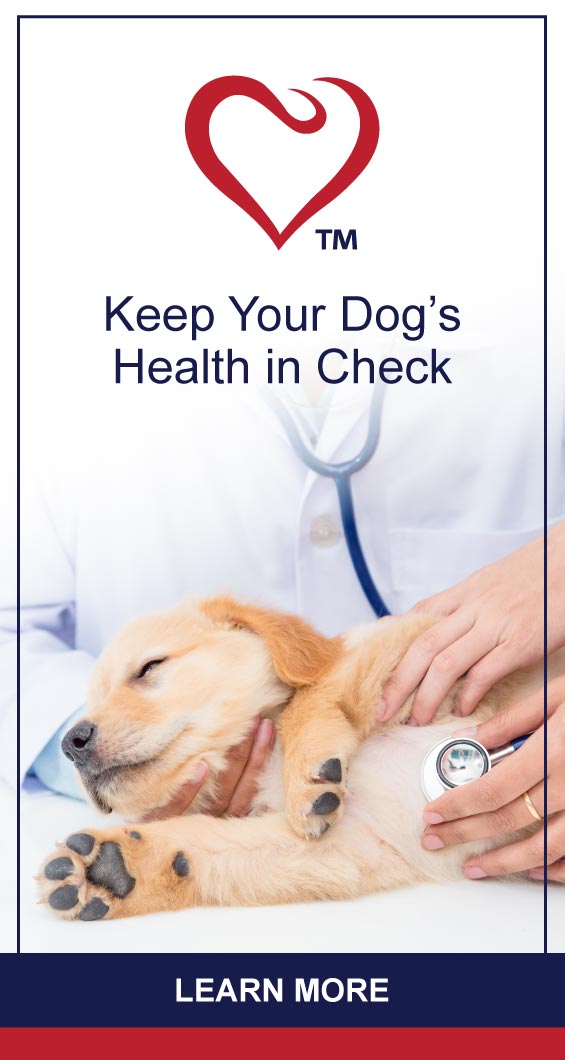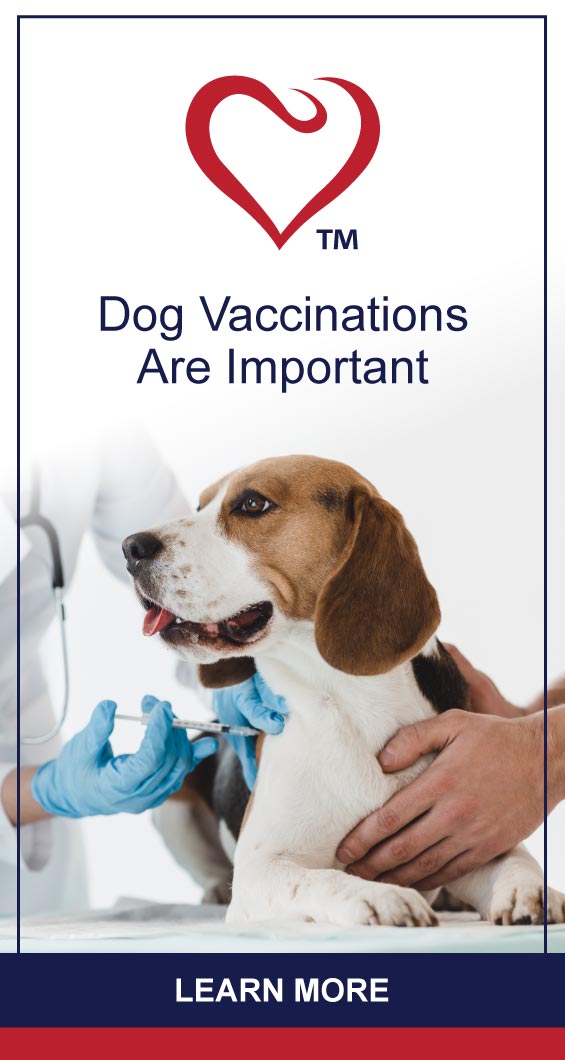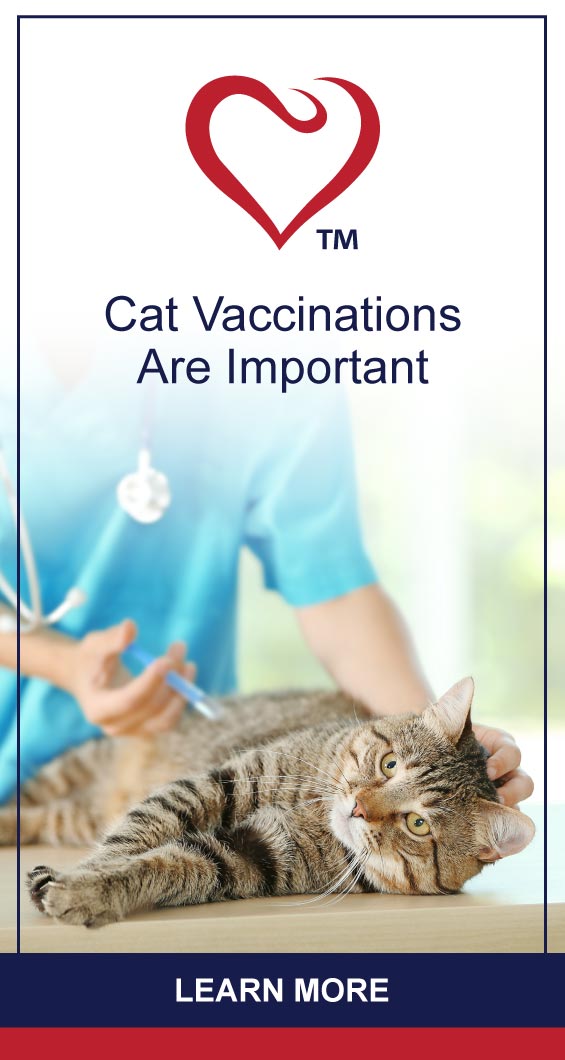HEALTH & WELLNESS

TRENDING
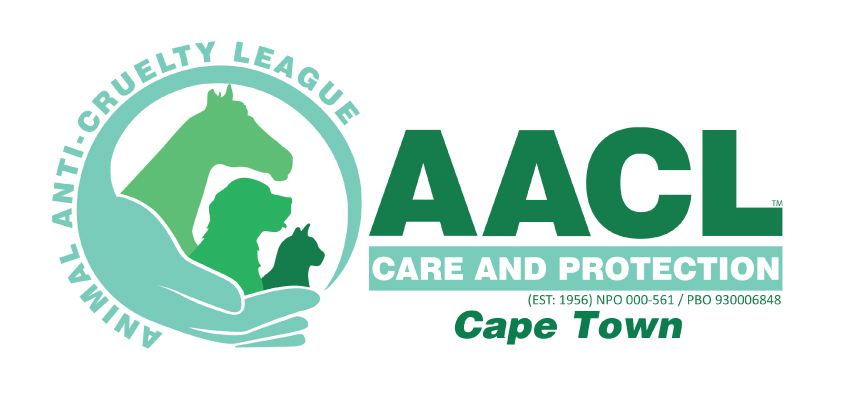
We’re excited and honoured to feature South Africa’s second largest independent animal welfare organisation on PetlifeSA.
Rabies: How it spreads, the signs & why vaccination is vital

Rabies is a zoonotic viral disease, meaning a disease that normally exists in domestic and wild animals that can infect humans. It attacks the central nervous system and once symptoms develop, it’s almost always fatal.
HOW RABIES SPREADS
Both domestic and wild rabid animals can transmit rabies to healthy animals and humans when their saliva comes into contact with broken skin or mucous membranes.
Contact usually occurs through a bite, scratch or lick. In Africa and Asia, jackals and mongooses are the main wildlife reservoirs for the rabies virus.
There are two types of rabies and a combination of symptoms may be experienced:
- Furious Rabies: Hyperactive Symptoms
- Paralytic Rabies: Weakness and Loss of Coordination
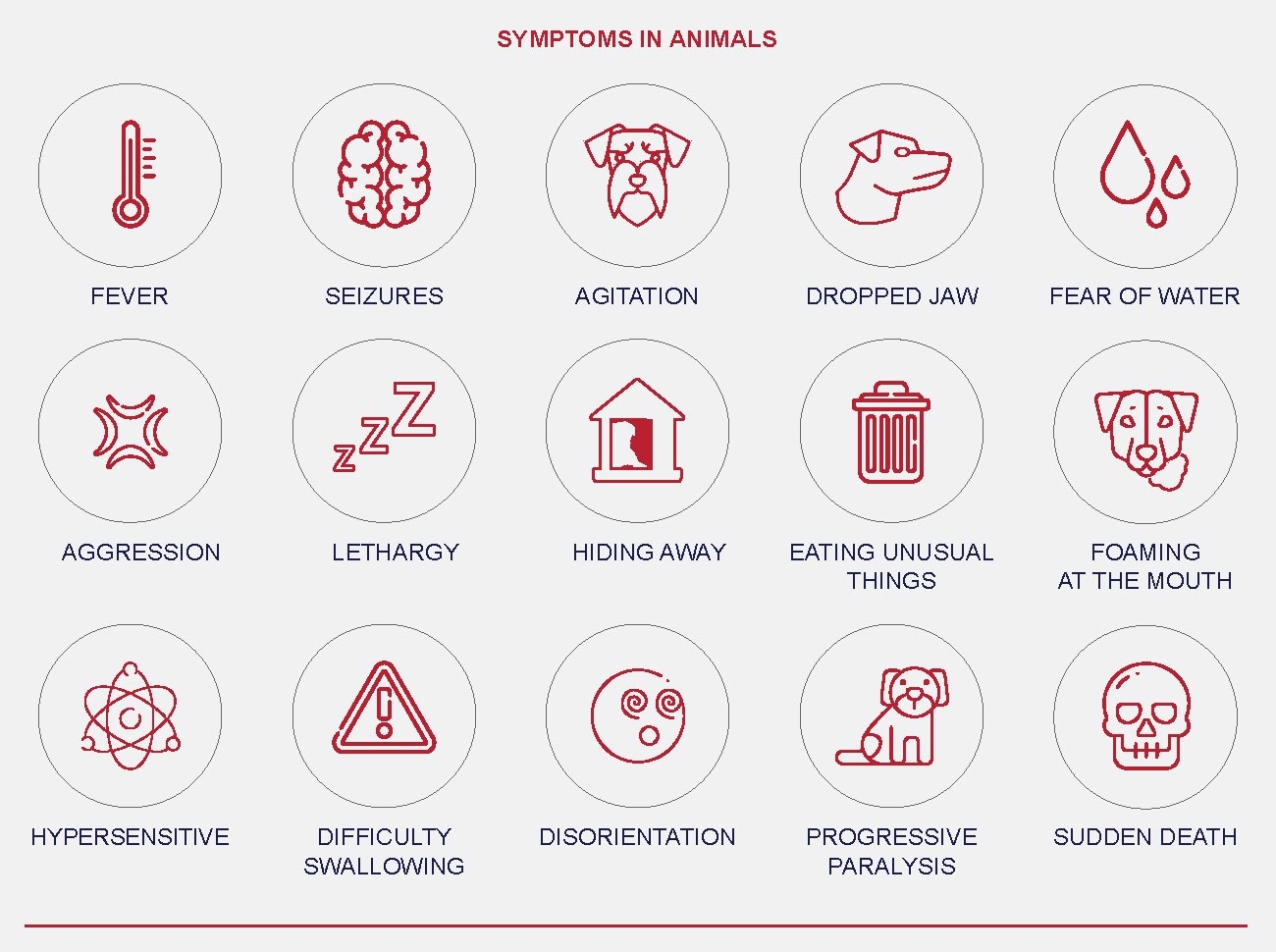
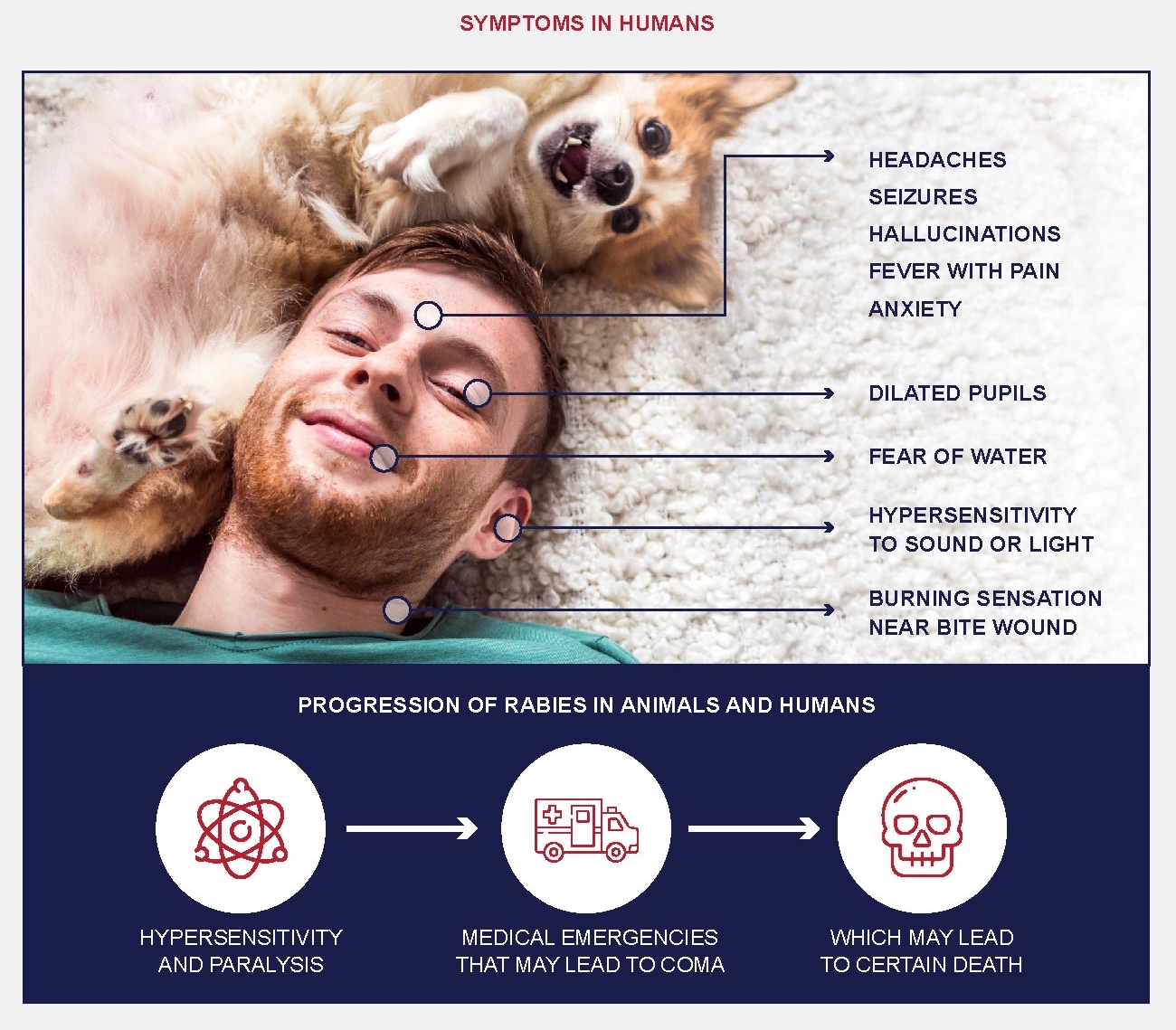
WHAT TO DO IF YOU HAVE BEEN BITTEN BY A DOG
- Wash the wound with running water thoroughly for 10 minutes.
- If the dog is unvaccinated, go to your doctor or clinic immediately to start rabies vaccinations.
- Do not wait for symptoms to appear before going to the doctor. Once symptoms appear, it is too late for treatment.
WHY VACCINATION IS VITAL
Vaccination is vital because this deadly disease is 100% preventable.
- Rabies is deadly
- Rabies is 100% preventable
- 40% of rabies victims are children younger than 15
- Every year, tens of thousands of people die from rabies
- Rabies is an endemic in more than 150 countries and territories
- Africa and Asia account for 95% of human rabies deaths, worldwide
- Dogs are the main source of human rabies death: up to 99% transmission rate
DOG VACCINATION IS THE MOST EFFICIENT WAY TO ELIMINATE HUMAN RABIES
By preventing rabies in pets, you help them live longer, happier lives AND you help keep loved ones and others in your community safe.
Do not buy or adopt pets if you cannot afford vaccination.
Related Articles
